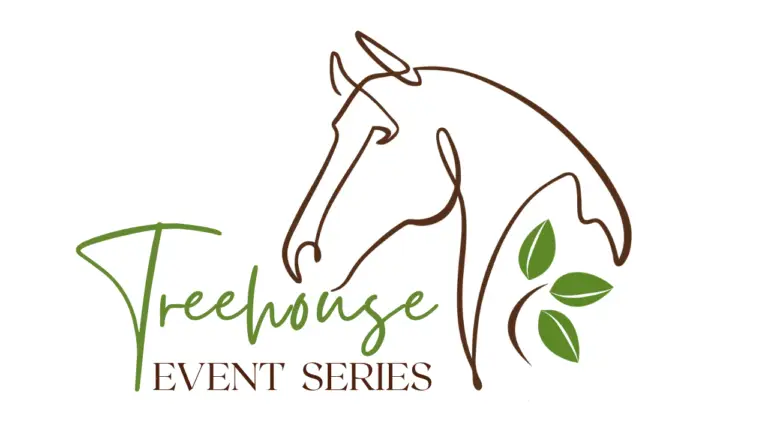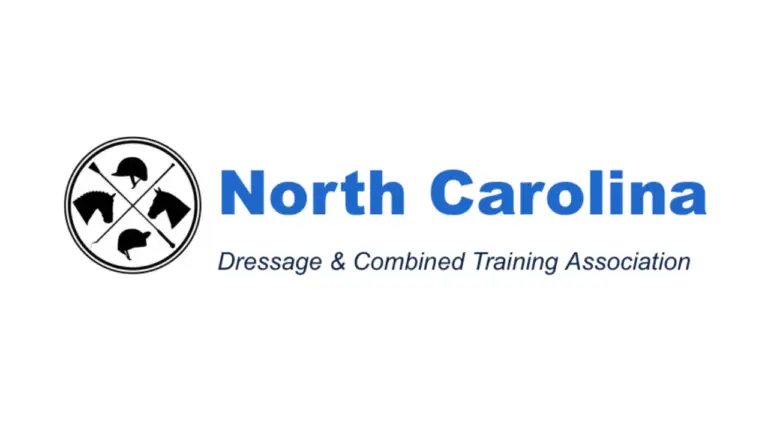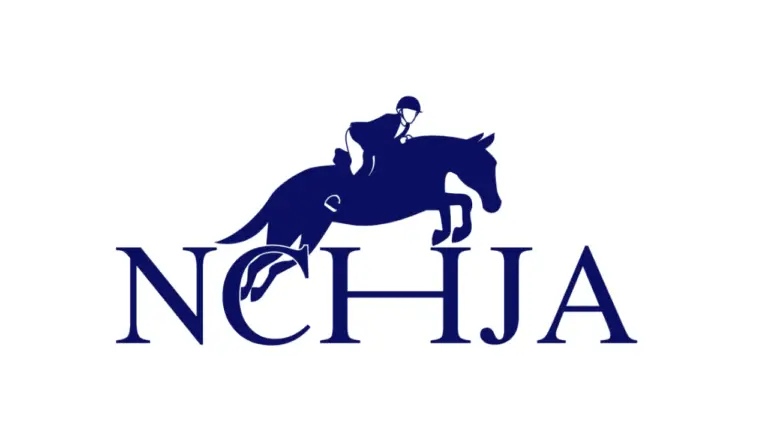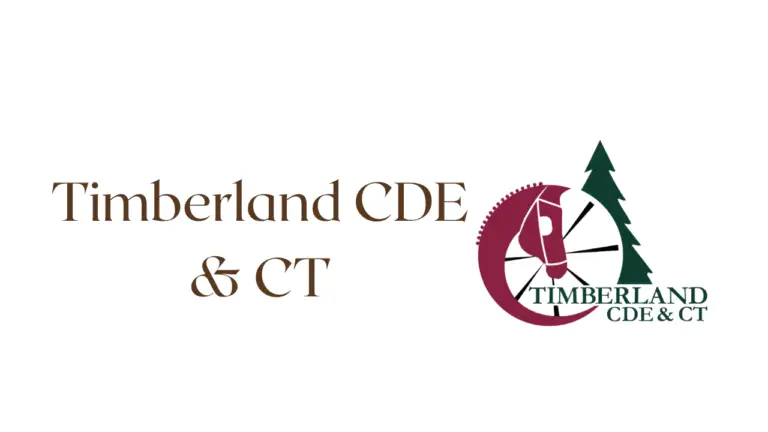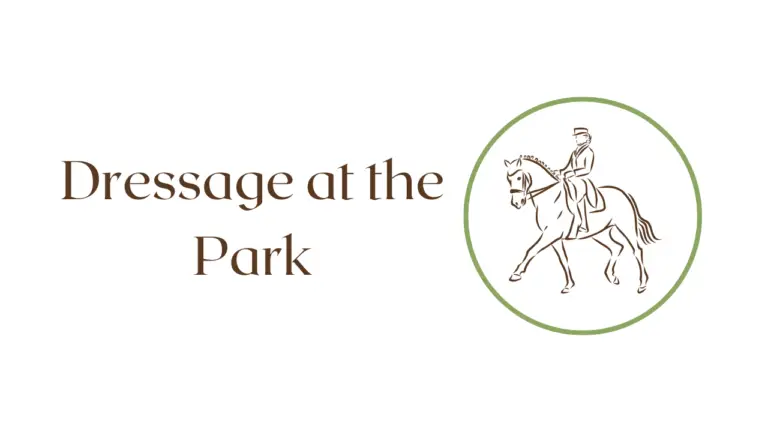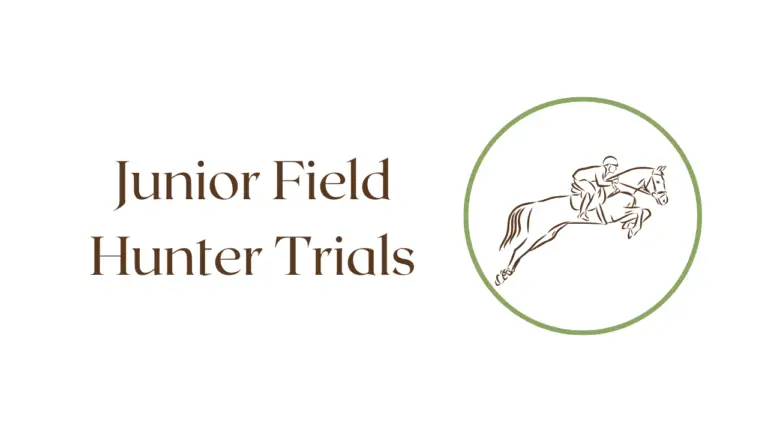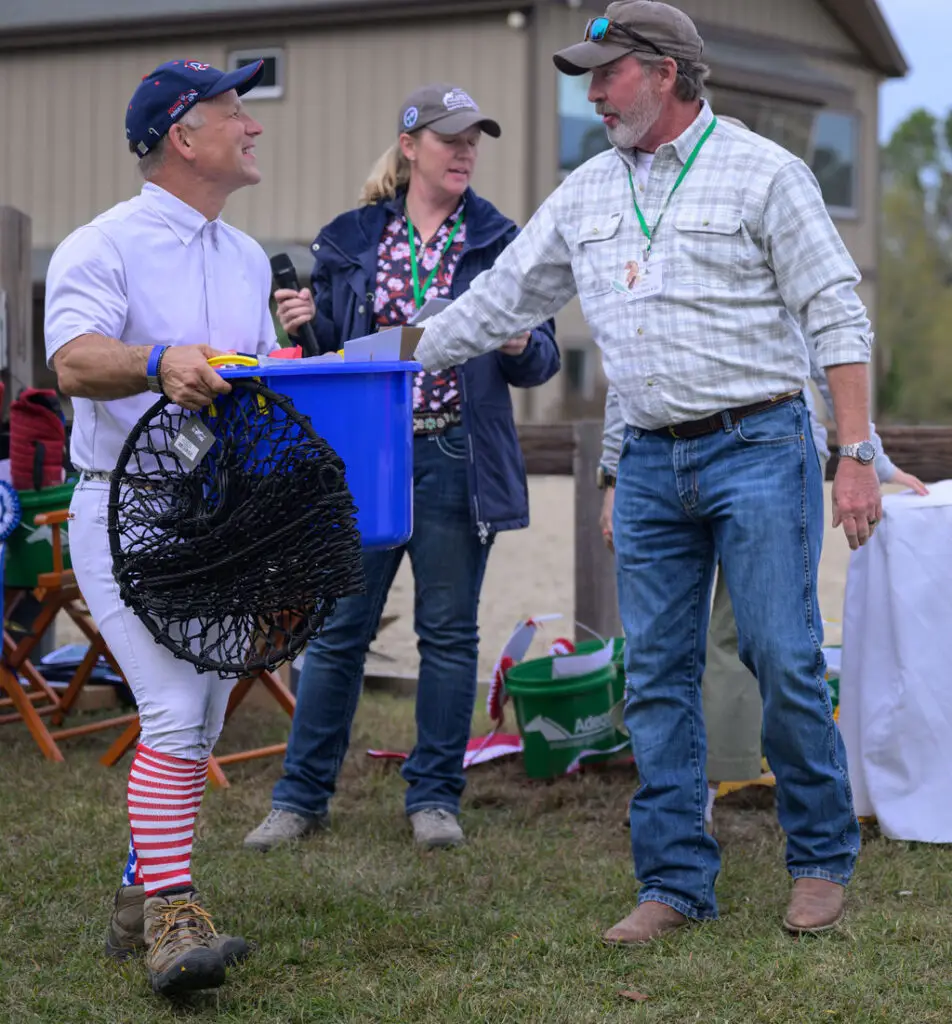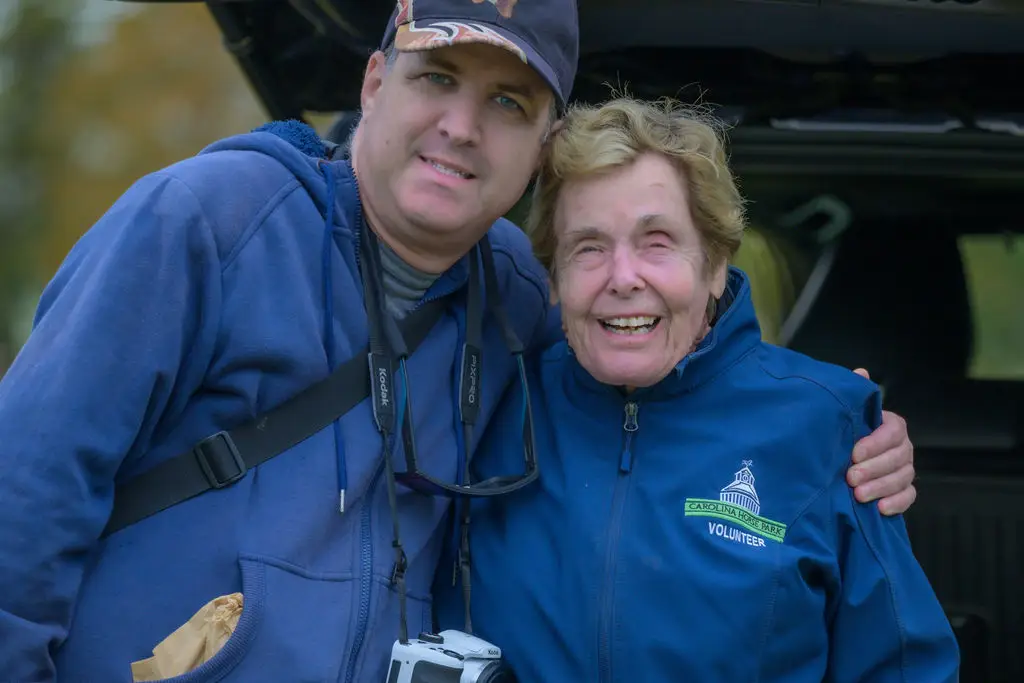Volunteer
support. volunteer. connect.
At the Carolina Horse Park, volunteers are the heart of everything we do. From world-class equestrian competitions to supporting educational and community-focused events, your time and talents help us thrive.
Volunteering at CHP means more than lending a hand—it’s about becoming part of a passionate community that values land preservation, equestrian sport, and recreational access for all. Whether you’re an experienced horse person or brand new to the scene, there’s a place for you here.
Your support directly contributes to our continued growth, the success of every event, and the preservation of this special place for future generations.
We want to hear from you!
Have you volunteered with us in the past? We’d love your feedback in this brief survey!
interested in learning more?
By getting involved, you become part of a movement dedicated to preserving open spaces, fostering community, and promoting excellence in equestrian sport. Thank you for your support in keeping Carolina Horse Park a vibrant hub for generations to come!
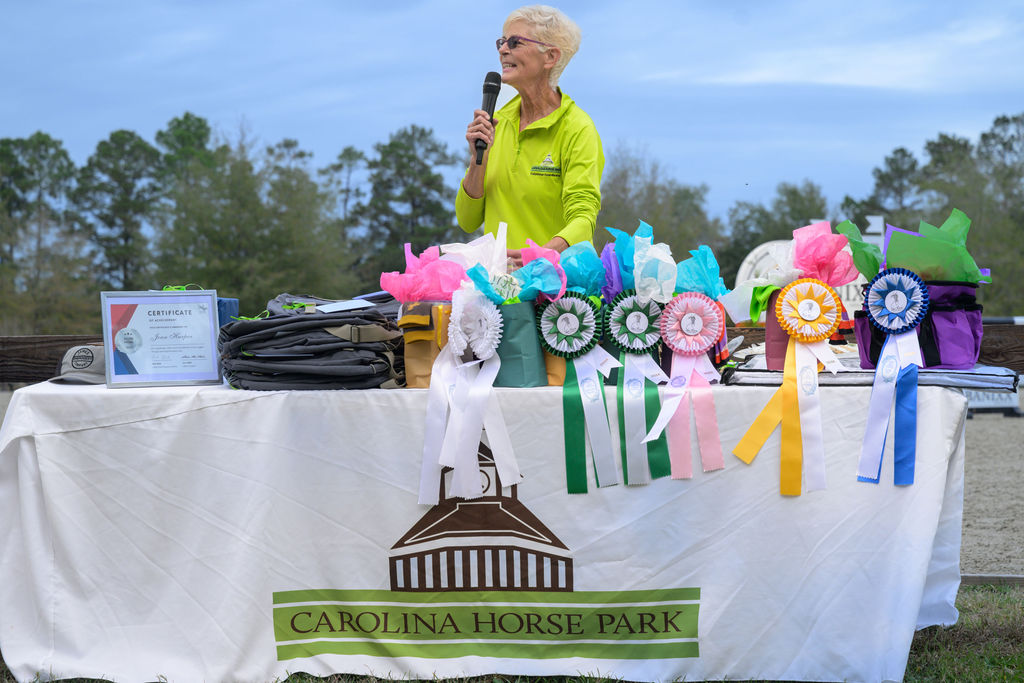
Frequently Asked Questions
Your Volunteer Questions Answered
What kind of experience do I need?
We will train you prior to your first event and, if possible, you will work with an experienced volunteer. To better understand our volunteer needs at the Carolina Horse Park’s Horse Trials or Schooling Shows, please see the following summaries of key jobs and responsibilities.
How can I volunteer?
Volunteering is a great way to support the park! We welcome individuals of all skill levels to help with various tasks. Please reach out to our Volunteer Coordinator if you have further questions.
What are the volunteer hours?
Full days and half days are available. Half days are split into AM & PM shifts and hours are set by the volunteer coordinator.
What kind of physical demands are there when volunteering?
Physical Demands: Standing, walking, possible handling of horses.
Working Conditions: Outside
What type of Eventing volunteer opportunities are there?
Dressage Scribe: Writes down scores and comments made by the dressage judge during a dressage test. Before the test, makes sure that the correct score sheet is being used – that it matches the horse’s bridle number. Must be able to write quickly and clearly, in sometimes cramped conditions such as the passenger seat of a truck, in small boxes on the score sheet. Small, legible handwriting is a godsend.
Dressage Warm-Up Steward: Manages the dressage warm-up area. Often there is more than one competition ring, so makes sure that competitors know when they’re close to their starting time and gets them out of warm up and to their dressage ring on time. Also often needs to make sure the warm-up area does not become too crowded. Needs to be able to coordinate closely with the gate steward, if one exists, usually by hand held radio. Often needs a loud, firm voice to be heard by competitors. Works out of doors and tracks competitor numbers on a clipboard.
Bit Check: Checks every competitor’s bit for legality, also checks spur and whip length,
tightness of the noseband, and ear bonnets for illegal soundproofing. This is not an entry level position. The bit checker must know the current USEA/USEF regulations on which bits and spurs are legal, and there are very many legal ones, and very many more illegal ones. Must be comfortable approaching every horse, even fractious ones, and sticking a gloved finger in its mouth to check the bit. Must change the glove between every horse for biosecurity. Must be able
to track horses on a clipboard. This is an outdoor position.
Score Runner: Collects dressage score sheets and brings them to the scorers. This is an easy outdoor job that only requires knowing how not to interfere with a dressage test in progress. Suitable for young teens or mature children.** Score Runner is required to have a valid driver’s license (golf cart is used)
Show Jumping Warm-Up Steward: Manages the stadium warm up area. Makes sure that competitors know when they’re close to their starting time and gets them out of warm-up and to the show jumping
gate steward on time. If there’s no show jumping steward, also makes sure jumps are shared and are a legal height. Needs to be able to coordinate closely with the gate steward, usually by radio. Often needs a loud, firm voice to be heard by competitors. Works out of doors and tracks
competitor numbers on a clipboard.
Show Jumping In-Gate Steward: Manages the in-gate and allows riders into the competition area. Relays competitor info to judge/announcer as they enter the ring via radio. Often needs a loud, firm voice to be heard by competitors. Works out of doors and tracks competitor numbers on a clipboard.
Show Jumping Scribe: While assisting the show jumping judge, records jumping efforts and penalties on a score sheet while the competitor is on course. At direction of judge, records the time and any time penalties after the competitor finishes, quickly adds up penalties for jumping and time and records these before the next competitor starts, and reports the results to the announcer. Must be good with simple math. Must be able to use a hand held radio and record results on a clipboard. Often works out of doors.
Timer: Times each competitor on course if automatic timers are not available. Able to use a stopwatch proficiently. Works often out of doors and gives the time to the show jumping judge and scribe.
Jump Crew: Helps setting up courses and reset fallen poles. Also may need to rake footing and fill in holes. Lifting is required, but not more than 15 pounds. Entry level position, multiple people needed.
Cross Country Schooling Day Steward: Manages the cross-country areas to ensure participants are in compliance with our schooling guidelines and that groups are navigating cross country safely. Minimal physical movement required and must be allowed and able to drive motorized vehicle.
Cross Country Warm-Up Steward: Manages the cross-country warm-up area. Makes sure that competitors know when they’re close to their starting time and gets them out of warm-up and to the cross-country starter on time. If there’s cross-country steward, also makes sure jumps are shared and are a legal height. Needs to be able to coordinate closely with the starter, usually by radio. Often needs a loud, firm voice to be heard by competitors.
Finish Timer: Responsible for recording the finish time for each competitor on cross-country. Also responsible for watching for willful delays between the last fence and the finish line.
Jump Judges: Responsible for observing and recording the approach and negotiation of an assigned obstacle. Able to communicate effectively with officials and controller usually via handheld radio. Must be able to accurately record events at the assigned obstacle. Most jump judges are required to attend a briefing which takes place prior to cross-country in which officials outline the rules for cross-country and expectations of the day. Jump judging can be performed by anyone who is capable of sitting for several hours watching horses jump an obstacle and often is an entry level position for eventing.
Cross Country Score Runner: Collects cross-country scoring sheets and brings them to the scorers. Needs to be able to learn the course from a map and drive a golf cart in any weather without causing damage to the grounds. Often also needs to bring water to jump judges while efficiently picking up sheets and getting them to the scorers as fast as possible without disturbing horses, competitors, or spectators.
Cross Country Crossing Guard: Assists in keeping spectators safe while crossing an active cross-country track. Able to listen to the radio to know well ahead of time when a horse is coming so the track can be cleared of spectators. Able to be kind but firm with spectators when telling them where to go to be off the track and in a safe position. Able to blow a whistle and work out of doors regardless of the weather.
Cross Country Starter: Manages the start of cross-country. You will often be the cross-country start timer, also. Competitors are allowed to circle around outside of the start box until you give them the ten second countdown. It is a courtesy to give them 1 minute and 30 second warnings so it is
necessary to pay attention to the start time.
Cross Country Control: Keeps track of riders on course usually by communication via radio with officials and others. This position requires some experience and familiarity with cross-country and eventing rules and procedures and is not an entry-level position. Necessary experience with
cross-country course procedures, able to multi-task with officials, starter, and volunteers and operate a radio, along with recording data accurately and completely, etc. A controller is responsible for relaying course holds from officials to volunteers and communicating clearly in case of situations requiring assistance.
Other Volunteer Positions:
Hospitality Steward/Helper(s): Assist and maintain the comfort of all volunteers and officials (offering drinks, snacks, lunches, etc.). Ensures all coolers are filled with drinks and ice. Some physical movement required and must be allowed and able to drive motorized vehicle.
Event Prep: Prior to and after the event, help set up and decorate the cross country fences and/or the show jumping courses.
Announcer: Announces general announcements throughout the day. Relays competitor information to the general public. Keeps competition informed who is on course. Minimal physical movement required. Need ability to correctly pronounce names and track information.
Awards: Setting up an awards display table and to organize the ribbons by division so they are ready to be handed out either during a mounted awards ceremony or in the show office. They also keep track of who picked up which ribbons and write names on the backs of ones that don’t get picked up. At the end of the competition, they inventory any remaining ribbons, trophies, awards, etc. and give that list to the secretary or organizer.
Road Crossing Guard: Assists in keeping spectators, riders, and horses safe while crossing the main road. Able to listen to know if a horse is loose and shut the gate if needed.
What type of Dressage volunteer opportunities are there?
Dressage Scribe: Writes down scores and comments made by the dressage judge during a dressage test. Before the test, makes sure that the correct score sheet is being used – that it matches the horse’s bridle number. Must be able to write quickly and clearly, in sometimes cramped conditions such as the passenger seat of a truck, in small boxes on the score sheet. Small, legible handwriting is a godsend.
Warm-Up Steward: Manages the dressage warm-up area. Often there is more than one
competition ring, so makes sure that competitors know when they’re close to their starting time and gets them out of warm up and to their dressage ring on time. Also often needs to make sure the warm-up area does not become too crowded. Needs to be able to coordinate closely with the gate steward, if one exists, usually by hand held radio. Often needs a loud, firm voice to be heard by competitors. Works out of doors and tracks competitor numbers on a clipboard.
Bit Check: Checks every competitor’s bit for legality, also checks spur and whip length,
tightness of the noseband, and ear bonnets for illegal soundproofing. This is not an entry level position. The bit checker must know the current USEF regulations on which bits and spurs are legal, and there are very many legal ones, and very many more illegal ones. Must be comfortable approaching every horse, even fractious ones, and sticking a gloved finger in its mouth to check the bit. Must change the glove between every horse for biosecurity. Must be able to track horses
on a clipboard. This is an outdoor position.
Score Runner: Collects dressage score sheets and brings them to the scorers. This is an easy outdoor job that only requires knowing how not to interfere with a dressage test in progress. Suitable for young teens or mature children. *Score Runner is required to have a valid driver’s license (if golf cart is used)
Other Volunteer Positions:
Hospitality Steward/Helper(s): Assist and maintain the comfort of all volunteers and officials (offering drinks, snacks, lunches, etc.). Ensures all coolers are filled with drinks and ice. Some physical movement required and must be allowed and able to drive motorized vehicle.
Announcer: Announces general announcements throughout the day. Relays competitor information to the general public. Keeps competition informed who is on course. Minimal physical movement required. Need ability to correctly pronounce names and track information.
Awards: Setting up an awards display table and to organize the ribbons by division so they are ready to be handed out either during a mounted awards ceremony or in the show office. They also keep track of who picked up which ribbons and write names on the backs of ones that don’t get picked up. At the end of the competition, they inventory any remaining ribbons, trophies, awards, etc. and give that list to the secretary or organizer.
Are there perks to being a volunteer?
Earn “Park Points”
- $30 voucher (full day volunteering)
- $15 voucher (1/2 day volunteering) for use towards payment of entry fees, Friend of the Park membership, Cross Country schooling, or other events run by CHP.
- “Park Points” may be used towards volunteer merchandise, payment of entry fees, initial or renewal of Friend of the Park membership, XC schooling, driving hazards schooling, or other events run by CHP.
- Vouchers are only valid for 1 year (please check expiration date).
- Volunteer Excellence Awards – Based on hours worked, the top 10 volunteers, top Jr. volunteer, top newcomer volunteer, top dressage/XC/SJ, most disciplines, “Behind the Scenes” and “Above and Beyond” volunteers will be honored at the annual War Horse Event Series Championships Awards Ceremony, reflecting the degree of dedication and volunteerism of our entire volunteer corps, of our most valuable resource at the Park.
What kind of Hunter Jumper volunteer opportunities are there?
In-Gate Steward: Manages the in-gate and allows riders into the competition area. Makes sure that competitors know when they’re close to their order of go. Relays competitor info to judge/announcer as they enter the ring via radio. Often needs a loud, firm voice to be heard by competitors. Works outdoors and tracks competitor numbers on a clipboard.
Jumper Scribe: While assisting the show jumping judge, records jumping efforts and penalties on a score sheet while the competitor is on course. At direction of judge, records the time and any time penalties after the competitor finishes, quickly adds up penalties for jumping and time and records these before the next competitor starts, and reports the results to the announcer. Must be good with simple math. Must be able to use a hand-held radio and record results on a clipboard. Often works outdoors
Hunter Scribe: While assisting the hunter judge, records jumping efforts and penalties on a score sheet while the competitor is on course. At direction of judge, relays instructions for flat classes to the announcer throughout the class. Gives announcer final results at the conclusion of the class. Must be able to use a hand-held radio and record results on a clipboard. Often works outdoors.
Jump Crew: Helps setting up courses and reset fallen poles. Also, may need to rake footing and fill in holes. Lifting is required, but not more than 15 pounds. Entry level position, multiple people needed.
Hospitality Steward/Helper(s): Assist and maintain the comfort of all volunteers and officials (offering drinks, snacks, lunches, etc.). Ensures all coolers are filled with drinks and ice. Some physical movement required and must be allowed and able to drive motorized vehicle.
Announcer: Announces general announcements throughout the day. Relays competitor information to the general public. Keeps competition informed who is on course. Minimal physical movement required. Need ability to correctly pronounce names and track information. May announce rider instructions for hunter flat classes at the discretion of the judge.
Awards: Setting up an awards display table and to organize the ribbons by division so they are ready to be handed out either during a mounted awards ceremony or in the show office. They also keep track of who picked up which ribbons and write names on the backs of ones that don’t get picked up. At the end of the competition, they inventory any remaining ribbons, trophies, awards, etc. and give that list to the secretary or organizer.
What kind of Driving event volunteer opportunities are there?
Presentation/Dressage
Dressage Scribe: Writes down scores and comments made by the dressage judge during a dressage test. Before the test, makes sure that the correct score sheet is being used. Must be able to write quickly and clearly, in sometimes cramped conditions such as the passenger seat of
truck, and in small boxes on the score sheet. Driving dressage is slower than ridden dressage so a good introduction into scribing for dressage. Small, legible handwriting is a godsend.
Warm-Up Steward: Manages the dressage warm-up area. Sometimes there is more than one competition ring, so makes sure that competitors know when they’re close to their starting time and gets them out of warm up and to their dressage ring on time. Also often needs to make sure the warm-up area does not become too crowded. Needs to be able to coordinate closely with the gate steward, if one exists, usually by hand held radio. Often needs a loud, firm voice to be heard by driving competitors over the sounds of the carriage. Works outdoors. Requires some physical movement.
Gate Steward: Manages the in-gate and allows competitors into the arena. Open and closes the ring. Relays competitor info to judge/announcer as they enter the ring via radio. Often needs a loud, firm voice to be heard by competitors over the carriage noise. Works out of doors and tracks competitor numbers on a clipboard. Requires significant physical movement and bending.
Score Runner: Collects dressage score sheets and brings them to the scorers. This is an easy outdoor job that only requires knowing how not to interfere with a dressage test in progress. Suitable for young teens or mature children. *Score Runner is required to have a valid driver’s license (golf cart is used)
Marathon
Marathon Steward: Assists the Technical Delegate and organizer in assuring the course is ready for competition. During the competition fills in at Obstacles where needed. Can perform all marathon volunteer duties.
Section Timer/Section Start and Finish: Located away from main show and outdoors with minimal supervision. Works alone or in pairs. Records start or finish times as competitors pass the start/finish line. No calculations required. Requires some physical movement.
Obstacle Observer/Hold up: Located on the course at a specific obstacle to watch and record the track of the competitor. Requires good eye sight, some movement abilities and paperwork production. Works outdoors and with others. Also can be tasked with stopping competitors on course in the case of a slowdown.
Obstacle Timer: Works outside and with others. Records the amount of time competitors are moving within the obstacle. Requires little physical movement.
Crossing Guard: Manages tight, dangerous or blind spots on the course to keep drivers safe from accidents and moving on the course. Some physical movement required. Often works alone and is outdoors.
Score Runner: Collects scoring sheets and brings them to the scorers. Needs to be able to learn the course from a map and drive a golf cart in any weather without causing damage to the grounds. Often also needs to bring water to obstacle observers while efficiently picking up sheets and getting them to the scorers as fast as possible without disturbing horses, competitors, or
spectators.
Cones
Cones Steward: Makes sure the Cone Setters perform their assigned measurements to each set of cones. Reports to officials the course is set and ready to drive. Requires some movement to observe the course. Works outdoors.
Cones Setter: Using a measuring stick bends down to measure the cones for each setting. Also rebuilds the course after knockdowns of balls or Cones. Requires significant physical movement with repeated bending, but no heavy lifting. Works outdoors with others.
Warm-Up Steward: Manages the warm-up area. Manages the vet inspection in carriage in a reserved area of the warm up area and keeps other competitors away from that area. Makes sure that competitors know when they’re close to their starting time and gets them out of warm up and to the start on time. Also often needs to make sure the warm-up area does not become too crowded. Needs to be able to coordinate closely with the gate steward, if one exists, usually by hand held radio. Needs a loud, firm voice to be heard by competitors over the carriages. Works out of doors and tracks competitor numbers on a clipboard.
In-Gate Steward: Manages the in-gate and allows drivers into the competition area. Relays competitor info to judge/announcer as they enter the ring via radio. Often needs a loud, firm voice to be heard by competitors over the carriages. Works out of doors and tracks competitor numbers on a clipboard.
Timer: Times each driver on course even if automatic timers are available. Able to use a
stopwatch proficiently. Likely to work under cover. Gives the time to the judge and scribe. Does not require much physical movement.
Cones Scribe: Writes down scores and comments made by the judge during the cones competition. Must be able to write quickly and clearly, in sometimes cramped conditions such as a tent or vehicle. Small, legible handwriting is a godsend. Minimum movement required.
Other Volunteer Positions:
Safety Check: Requires an experience driver knowledgeable in the correct and safe attachment of harness and the carriage to the horse. High responsibility to make correct judgement on safety and fairness. Requires physical abilities and works outside likely alone.
Carriage measurement: Bends down to measure each carriage after dressage and sometimes during the marathon and cones competitions to determine the correct setting for cones and compliance with the rules. May work alone or in pairs. Significant physical bending required.
Barn Manager: Organizes the entrance and exit of horses before during and after the
competition. Assigns stalls, parking and polices the parking of vehicles, location of equipment and compliance with barn safety rules.
Repair Crew: Roving vehicle to travel during the competition to assist when any part of the course is damaged and needs repair. Requires technical experience in building and rebuilding the course. Physically demanding and outside work with others.
Hospitality Steward/Helper(s): Assist and maintain the comfort of all volunteers and officials (offering drinks, snacks, lunches, etc.). Ensures all coolers are filled with drinks and ice. Some physical movement required and must be allowed and able to drive motorized vehicle.
Announcer: Announces general announcements throughout the day. Relays driver information to the general public. Keeps competition informed who is on course. Minimal physical movement required. Need ability to correctly pronounce names and track information.
Awards: Setting up an awards display table and to organize the ribbons by division so they are ready to be handed out either during active awards ceremony or in the show office. Also keep track of who picked up which ribbons and write names on the backs of ones that are not picked up. At the end of the competition, they inventory any remaining ribbons, trophies, awards, etc.
and give that list to the secretary or organizer.
Office Help: During the competition assists the office manager handing out competitor’s packets, numbers and answers questions and solves problems. Minimal physical requirements but requires organized person who can handle challenging situations with a smile!
What if it rains during an event?
In case of rain, check our website or social media for updates on event status. We prioritize safety and will communicate any changes promptly.
Are pets allowed at the park?
We love our furry friends! For the safety of all participants and animals at our events, pets must be leashed at all times, up to date on vaccines and must maintain good behavior. We appreciate your understanding in this matter.
Is there parking available?
We have ample parking for all visitors & volunteers! Just follow the signs when you arrive.
How you can help
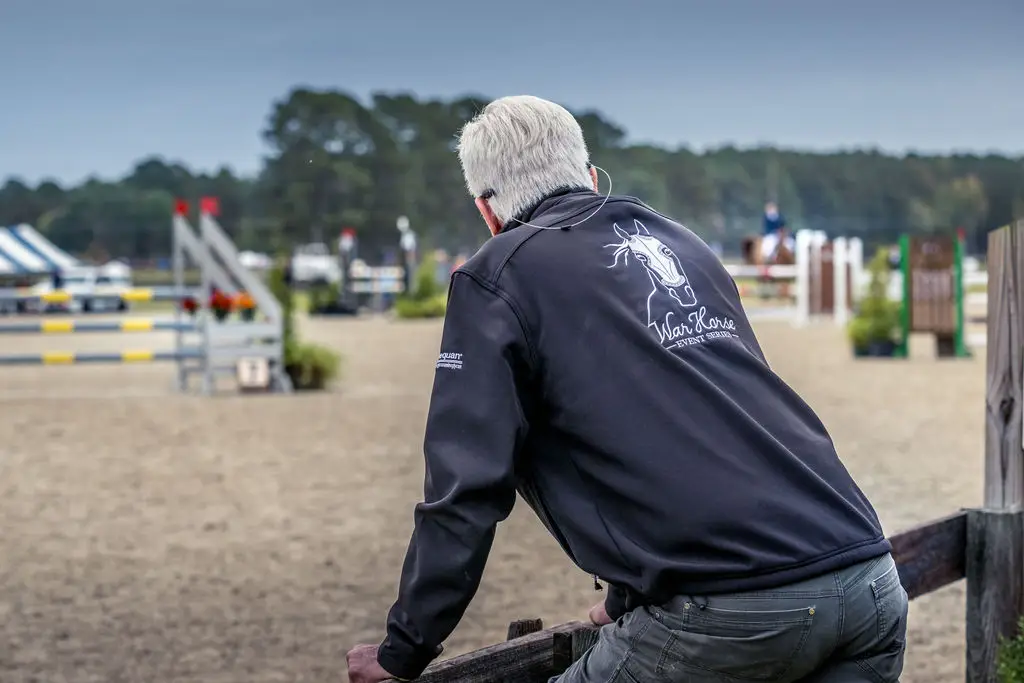
sPONSOR
Connect with a passionate audience through tailored sponsorship packages.
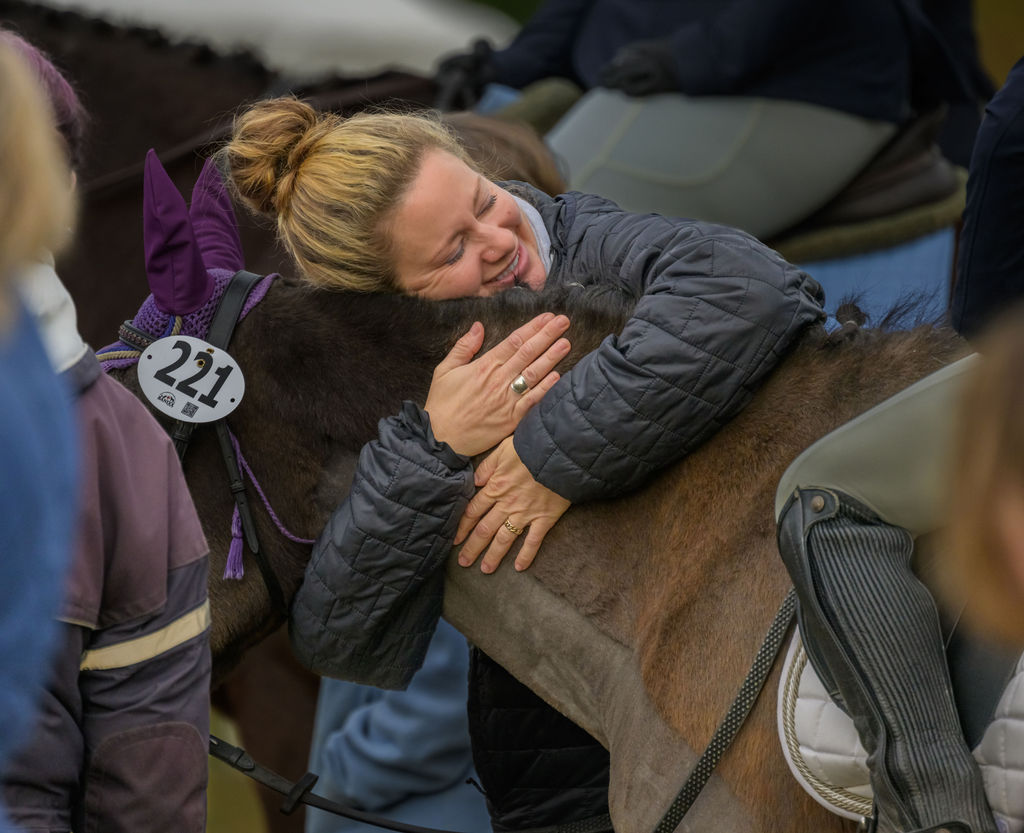
FRIENDS OF THE PARK
Donations are tax-deductible and tailored to make a lasting impact.
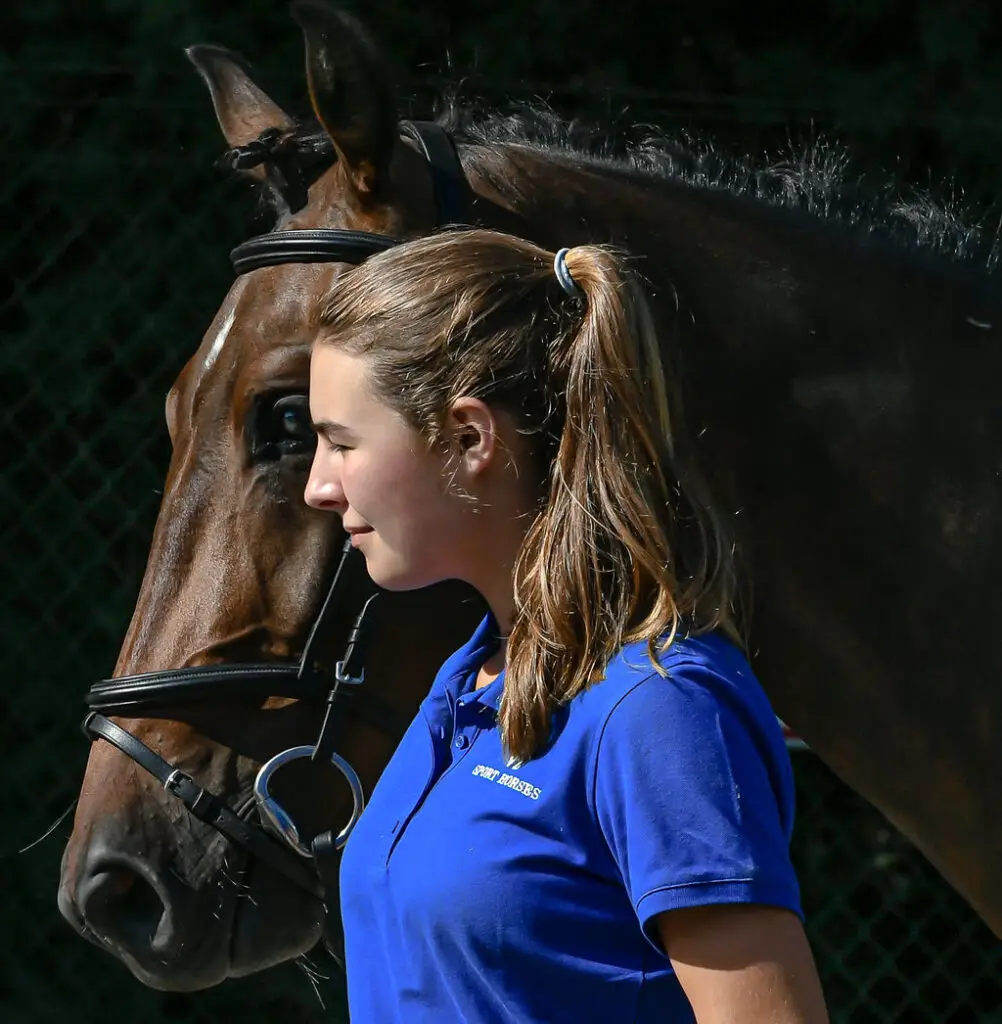
PATRONS OF THE PARK
Connect with a passionate audience through tailored sponsorship packages.
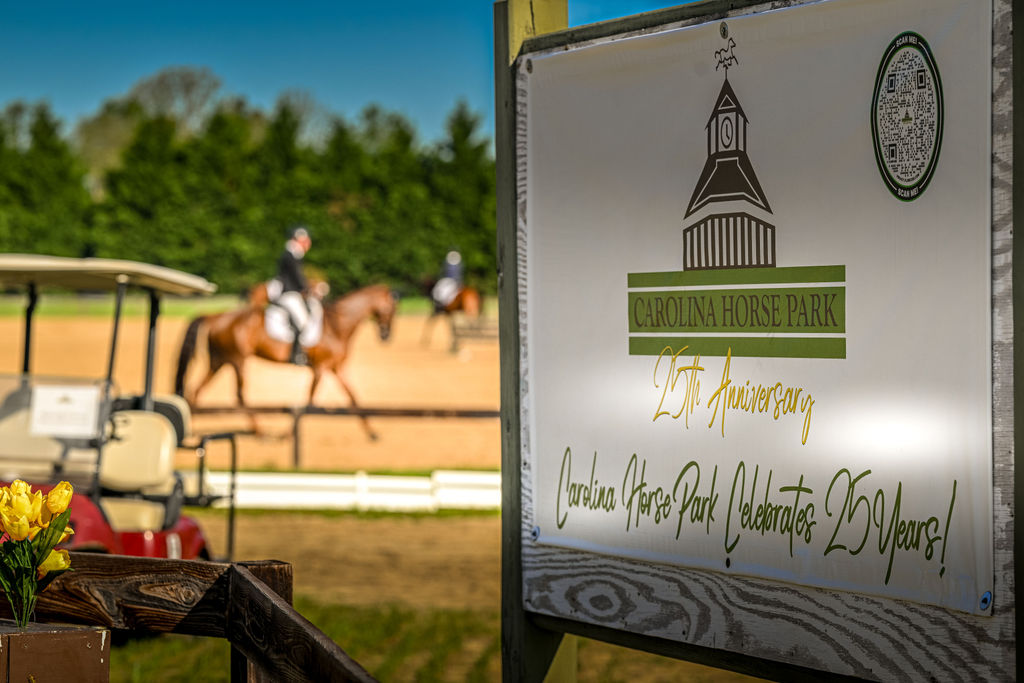
ENDOWMENT FUNDS
The Lefreda Williams Legacy fund fuels the dreams of Lefreda and the Park.
Subscribe to Our Carolina Horse Park Newsletter!
Stay updated with our latest volunteer opportunities, shows, and community events!
Thank you to our sponsors























